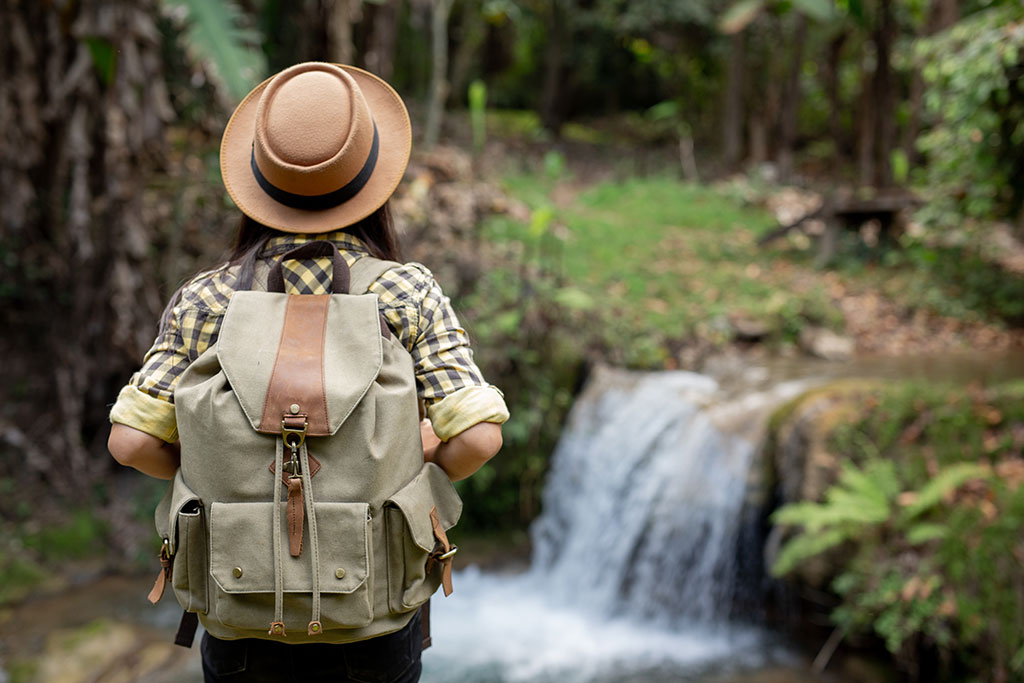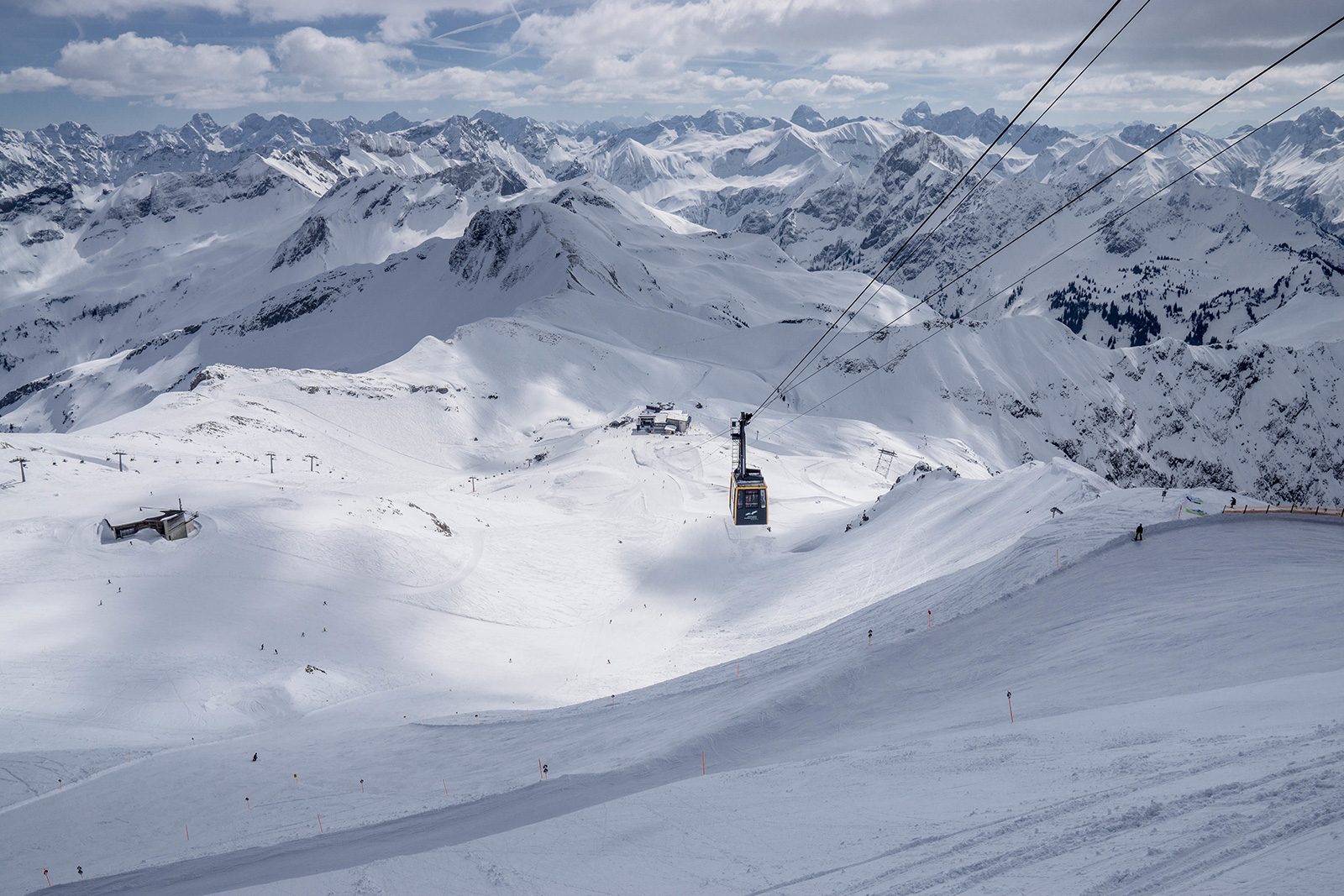Ecotourism (or ecological tourism) is a type of travel that has a low impact on the environment, using cultural heritage in a sustainable way, conserving and raising awareness about nature. In Brazil, this type of tourism has increasingly attracted the attention of national and international visitors, mainly because of the diversity present here. The country is one of the 18 most diverse in the world, according to UNEP (United Nations Environment Program).
Between 2018 and 2019, the number of visitors to federal conservation units grew by 20.4%, according to data from ICMBIO (Chico Mendes Institute for Biodiversity Conservation). Post-pandemic, the trend is for even more growth. This is because travelers are looking for places off the traditional routes, where they can have unique cultural and environmental immersion experiences, such as Slow Travel.
According to the Sebrae Ecotourism Portal, based on data from the Ministry of the Environment, Brazil has:
- 2,201 Preservation Units among federal, state and municipal ones, of which:
- 698 are fully protected, such as Ecological Stations, Natural Monuments, national, state or municipal parks, Wildlife Refuges and Biological Reserves
- 1,503 units are for sustainable use (forests, extractive reserves, sustainable development, fauna, areas of environmental protection and relevant ecological interest)
Safe ecotourism
Discovering and exploring new destinations requires security. It is not advisable to venture alone, especially in unknown areas. It is necessary to seek specialized professionals who know the region and, therefore, know the risks and possible unforeseen events that may occur along the way, in addition to having equipment and procedures to maintain safety and in cases of emergency. The tip is especially valid for travelers who intend to practice some risky sport, such as rafting, climbing and bungee jumping.
When looking for a specialized professional, whether independent or from a company, it is necessary to ensure that he respects good international practices – currently, there are ISO (International Organization for Standardization) and ABNT (Brazilian Association of Technical Standards) standards that must be followed. With the pandemic, it is also important to check whether the location – preservation unit, park, etc. – and its agents – hotels, guides, etc. – follow biosafety measures.
One example is that Bonito (MS), one of the main reference cities for ecotourism in the world, received the “Safe Travel” seal from the World Travel and Tourism Council (WTTC) in 2020. The recognition was given after the municipality have implemented the biosafety measures recommended by the WHO (World Health Organization) to prevent coronavirus. Several local tourism sectors were involved in the development and implementation of protocols.
Nature preservation
Another important point is to check whether the contracted agent, as well as the municipality itself, is qualified and adopts good practices for preserving local biodiversity, after all, every tourist activity generates some impact. It is essential that the place finds a sustainable tourism development model that generates employment and income for the local community, economic and financial results for the entrepreneur and the strengthening of nature conservation.
True ecotourism involves the public and private sectors, the community and visitors to develop and put into practice sustainable measures. To achieve this, it is necessary to raise awareness and train these agents, as well as actions such as limiting the number of visitors to a given location in order to minimize the impacts of man on nature. The tip is to ensure that the destination, accommodation and guides chosen follow socio-environmental principles.
For accommodation facilities, it is important to offer a stay that matches the traveler's principles and values. Having an operation that takes into account the need for greater sustainability, cultivating relationships with the local community and offering biodegradable products that are not tested on animals are essential actions.
Harus, leader in the national amenities market, offers a range of products that can help in this mission.
Consult us to find out more about our products and services! And, if you liked this content, share it with your contacts.








